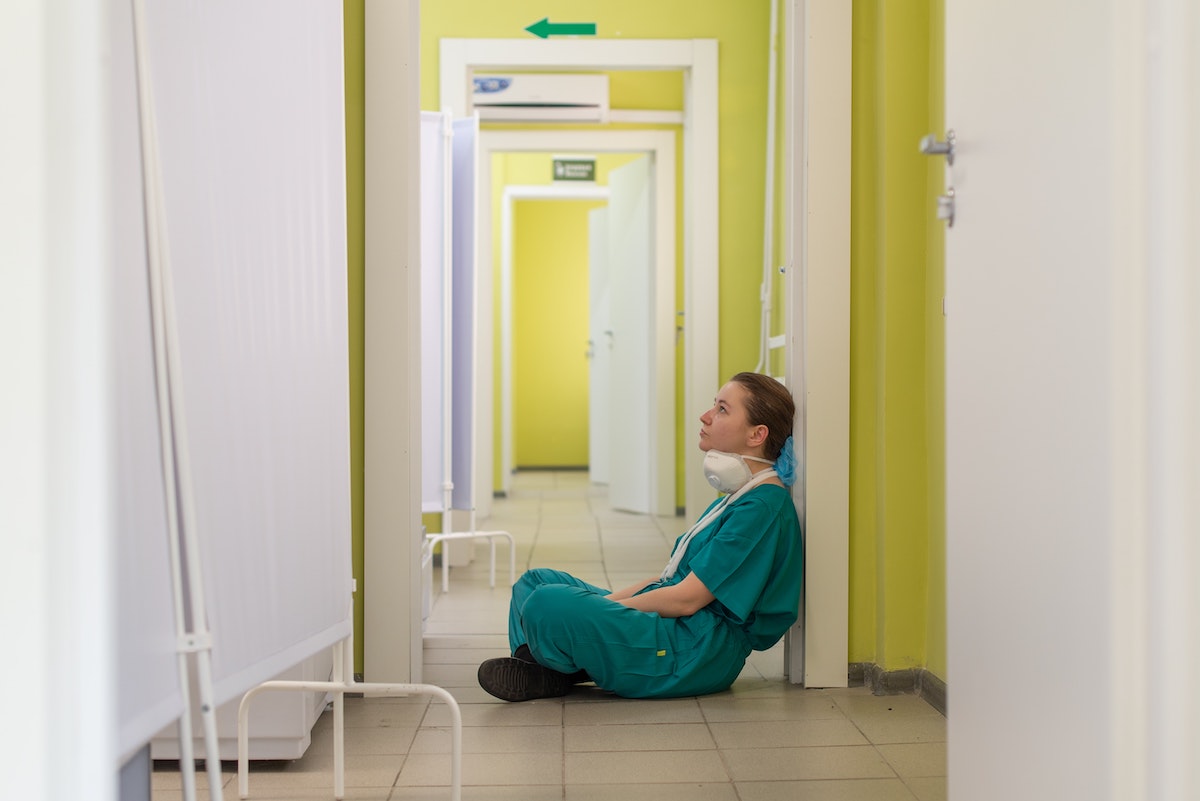This year has brought new challenges for all of us. As Americans prepare to reopen schools and return to work, experts caution that this behavior will trigger a second wave of the novel coronavirus. Throughout the duration of COVID-19, doctors and nurses have found themselves on the front lines. These medical professionals are responsible for the care of our most vulnerable; as they face unprecedented stress, their propensity for addiction increases. Today, we will discuss addiction treatment for doctors and nurses.
Doctors and Nurses Experience Stress and Burnout
Medical professionals don’t exactly fit the stereotypical picture of an addict. We typically assume that someone with a substance use disorder has lost control of their life, when in reality, many high-achieving professionals find themselves addicted to drugs and alcohol.
Health care providers are considered to be at high risk for substance abuse. In America, more than 100,000 doctors, nurses, and healthcare professionals struggle with addiction. There are several reasons for this.
Perhaps most important of these is that medical careers are incredibly stressful. In an average day, most doctors and nurses work 12-hour shifts, during which they must cope with a fast-paced environment in which decisions are truly a matter of life and death. Burnout, depression, and stress are commonly reported by members of the medical community. Today, these problems have been intensified by the global pandemic.
The Stressors of COVID-19
In the era of COVID-19, it’s not difficult to imagine how much more challenging a hospital workday has become. Doctors and nurses find themselves unequipped for the sheer number of patients who require attention for symptoms of coronavirus. Additionally, they may lack proper PPE – personal protective equipment. Without masks, face shields, and other protective garments, medical professionals must worry about their own safety from COVID-19.
Why Are Doctors and Nurses at Higher Risk?
In addition to chronic and acute stress, medical professionals face triggers and temptations that most people do not. Their work places them in close proximity to addictive substances, including prescription medications like opioids, powerful sedatives, and stimulants. Even if they do not obtain drugs by stealing, they may ask co-workers to write prescriptions for them. It is not uncommon for medical professionals to begin using drugs in an off-label fashion to deal with their daily struggles. This can result in personal and professional problems which may serve as warning signs of addiction.
Signs of Addiction
People struggling with problematic substance use face unique obstacles within the world of healthcare. Their already-demanding jobs may become overwhelming, resulting in a few key signs of addiction for doctors and nurses.
For example, a person’s job history and shifts may provide clues of a potential substance use disorder. An addicted person may prefer to work night shifts, where there is decreased supervision and a higher likelihood of being able to steal medication. They may choose to work in more rural clinics or change jobs frequently for the same reason. These individuals will probably be the first to volunteer to administer narcotics to patients, and may take frequent, unexplained breaks over the course of their shift. Finally, be on the lookout for incomplete or incorrect charting, which can be a sign of theft or concealed substance abuse.
Physical symptoms of addiction can also be useful in identifying a coworker or family member’s substance use. If their appearance becomes unkempt, if their eyes look strange (pinpoint pupils, glassy eyes, dilated pupils), or if they begin acting strangely, begin looking for other signs of a potential problem. Other physical symptoms of addiction include…
- Sudden weight loss (or gain)
- Compulsive use of breath mints
- Smelling of alcohol
- Poor personal hygiene
- Worsened coordination
- Sores or unexplained injuries
- Exhaustion or insomnia
- Slurred speech
Finally, there are behavioral signs that something is amiss. People using drugs may appear agitated, and when confronted about a small issue, may become overly defensive, aggressive, and even hostile. In severe cases, they may even see or hear things that are not there.
If you suspect that a doctor or nurse may have a problem with drugs or alcohol, we encourage you to seek treatment today.
Addiction Treatment Tailored to Medical Professionals
Fortunately, doctors and nurses suffering from addiction have a high rate of recovery upon receiving evidence-based addiction treatment. At Pine Grove, we provide nationally renowned recovery programs tailored to the needs of medical professionals. Our Professionals Recovery Track focuses on issues specific to licensed workers, including those in the field of healthcare. Programming includes a heavy focus on self-care, compassion fatigue, boundaries, and perfectionism, among other issues specific to licensed professionals.
To learn more about our unique approach to lasting recovery, please contact Pine Grove today by calling 1-888-574-4673. Our admissions specialists are standing by to answer any questions you may have.

